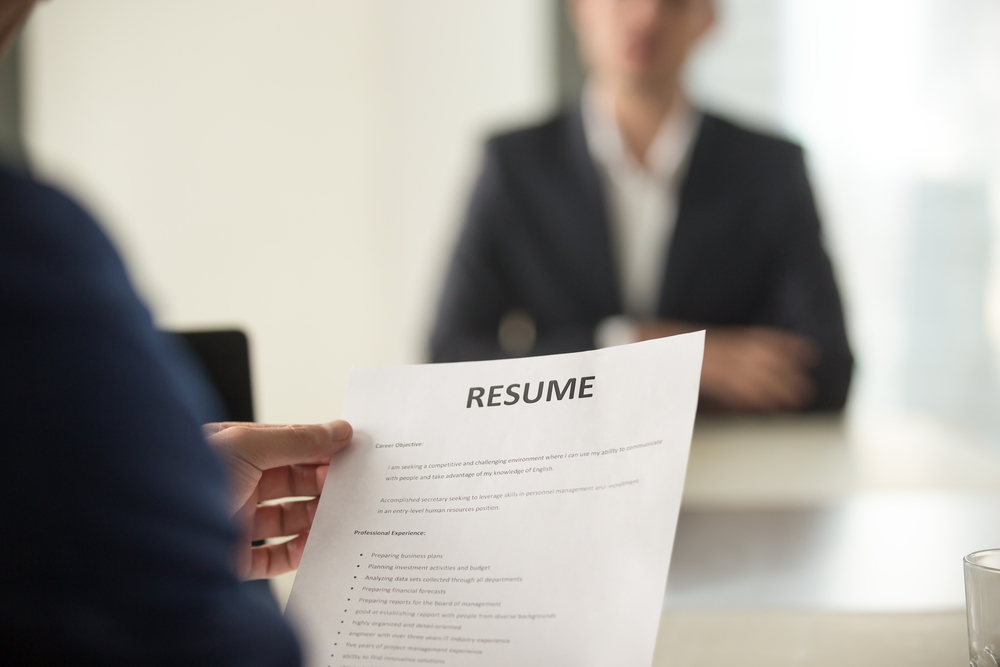When it comes to job searching, your resume and cover letter are the first impression you make on potential employers. Therefore, it’s important to make sure they’re polished and professional. In this blog, we’ll discuss some tips and best practices for writing effective resumes and cover letters.
Resume Writing Tips:
- Customize your resume: Tailor your resume to the specific job you’re applying for. This means highlighting the skills and experiences that are most relevant to the position.
- Use keywords: Many companies filter resumes using Applicant Tracking Systems (ATS). Make sure you use keywords from the job description to increase your chances of passing through the initial screening process.
- Quantify your achievements: Use specific numbers and data to highlight your accomplishments. This gives employers a better idea of what you can bring to the table.
- Keep it concise: Your resume should be no longer than two pages. Use bullet points and short, impactful sentences to convey your experience.
- Proofread: Typos and grammatical errors can make you look careless. Make sure you proofread your resume several times before submitting it.
Cover Letter Writing Tips:
- Address the hiring manager: If possible, address your cover letter to a specific person rather than using a generic greeting.
- Highlight your qualifications: Use your cover letter to expand on the qualifications listed in your resume. This is an opportunity to showcase your personality and demonstrate why you’re the best candidate for the job.
- Be specific: Provide specific examples of your experience and how it relates to the job you’re applying for.
- Keep it brief: Your cover letter should be no longer than one page. Stick to the most important details and avoid rambling.
- Proofread: Just like with your resume, make sure you proofread your cover letter several times for typos and grammatical errors.
Best Practices:
- Use a professional format: Your resume and cover letter should look clean and professional. Use a clear, easy-to-read font and avoid using too many colors or graphics.
- Keep it relevant: Only include experience and skills relevant to the job you’re applying for. Including irrelevant information can make you seem unfocused.
- Use active verbs: Start each bullet point on your resume with an active verb (e.g. managed, created, developed). This makes your experience sound more dynamic.
- Use bullet points: Bullet points are easier to read than long paragraphs. Use them to break up your experience and highlight your achievements.
- Be honest: Don’t exaggerate your experience or qualifications. Being honest is important, as you’ll be expected to deliver on your promises in your resume and cover letter.
- Be professional: Use a professional email address and avoid slang or overly casual language.
- Follow instructions: Follow the application instructions carefully, including any formatting or submission requirements.
- Get feedback: Have someone else review your resume and cover letter to get feedback on clarity, tone, and overall effectiveness.
By following these tips and best practices, you’ll be on your way to creating a winning resume and cover letter that showcases your skills and experience and lands you your dream job. Good luck!


